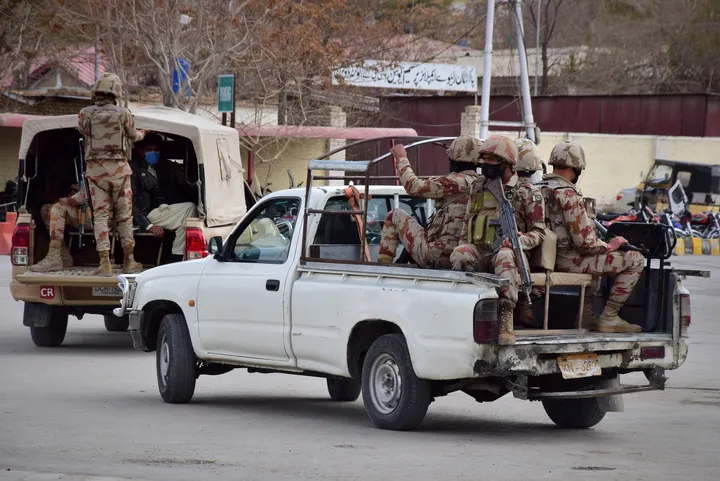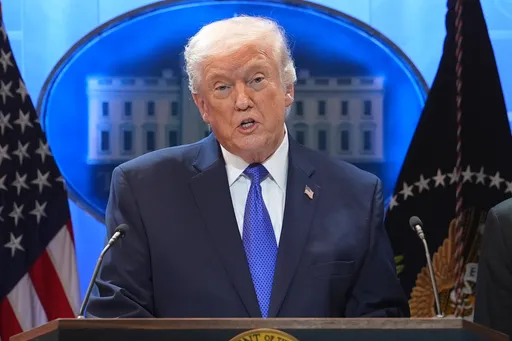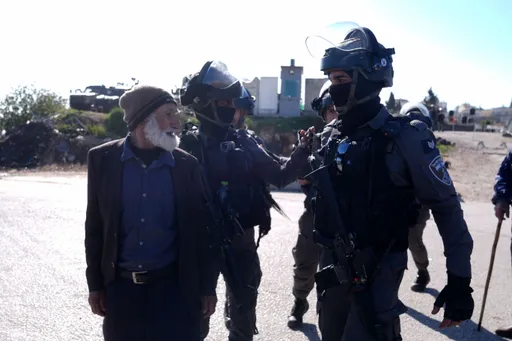A proposed constitution that includes broad powers for Tunisia's president and a reduced role for other bodies and institutions could threaten democracy, the head of the powerful UGTT union has said.
But the union, which has more than 1 million members, said on Saturday it would allow its members the freedom to vote as they choose on the constitution proposed by President Kais Saied.
Voters will be asked to approve the constitution in a July 25 referendum.
Saied has ruled by decree since last summer, when he brushed aside the parliament and the democratic 2014 constitution in a step his foes called a coup, moving towards one-man rule and vowing to remake the political system.
The UGTT said the proposed constitution preserved chapters related to freedoms and rights, but that some restrictions and the absence of guarantees could threaten these freedoms and rights and offer an opportunity to violate them.
READ MORE:Tunisia unveils proposed constitution; referendum in July
Focal point
The draft constitution published in the official gazette would bring most political power under Saied, give him ultimate authority over the government and judiciary.
Previously, political power was more directly exercised by parliament, which took the lead role in appointing the government and approving legislation.
Under the proposed new constitution, the government would answer to the president and not to parliament though the chamber could withdraw confidence from the government with a two-thirds majority.
Saied would be allowed to present draft laws, have sole responsibility for proposing treaties and drafting state budgets, appoint or remove government ministers and appoint judges.
READ MORE:Tunisians continue to protest against president's constitution referendum























